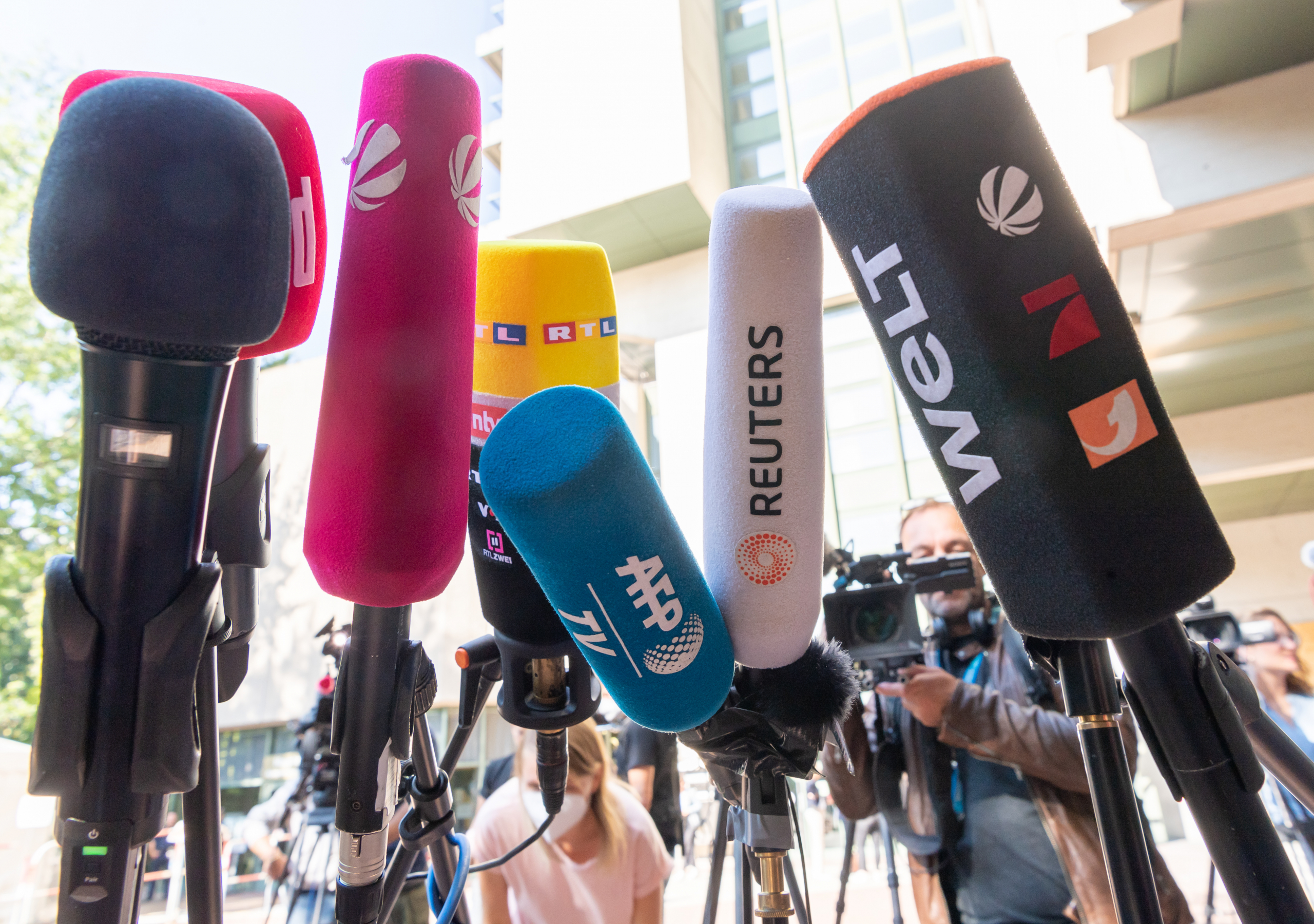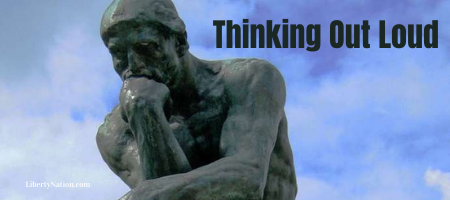National Public Radio (NPR) has changed its policy on employees participating in political events. Now the staff is free to join protests, for the right cause, of course. Political donations and campaigning for a specific cause or politician is supposedly still off the table, but reporters are now allowed to “express support for democratic, civic values …”
NPR Public Editor Kelly McBride explained marching in a Black Lives Matter protest or an LGBTQ pride parade would probably be okay, but, in practice, journalists still have to clear it with their bosses. So, BLM and LGBTQ are good – but what about March for Life or the freedom for Cuba demonstrations?
Let Your (Purple) Hair Down, NPR
McBride published an article on July 29 explaining the rule change. For more than 20 years, there has been a blanket ban against any of the staff participating in “marches, rallies and public events.” The piece also removes “vague language” directing journalists to avoid personally advocating for “controversial” or “polarizing” issues.
The new policy reads:
“NPR editorial staff may express support for democratic, civic values that are core to NPR’s work, such as, but not limited to: the freedom and dignity of human beings, the rights of a free and independent press, the right to thrive in society without facing discrimination on the basis of race, ethnicity, gender, sexual identity, disability, or religion.”

(Photo by Peter Kneffel/picture alliance via Getty Images)
“Is it OK to march in a demonstration and say, ‘Black lives matter’? What about a Pride parade? In theory, the answer today is, ‘yes,’” McBride explains. But there’s a problem: Those two arguably left-wing causes are the only ones explicitly granted in the entire article – and it’s over 2,000 words long.
How about “if a journalist wants to picket an abortion clinic or demonstrate in support of women’s autonomy over their bodies? What about a journalist who wants to express her general support of the Second Amendment? Or a parent who wants to march in solidarity with families and victims of a mass shooting?” These are mentioned under the section near the end explaining how the rules “don’t answer some of the thorniest questions.”
In practice, journalists will have to get permission from their bosses, and there will be a lot of questions to answer. Or will there? What editor is going to grill the black staffer who wants to join a BLM rally or a Pride parade? Want to support the Second Amendment or protest Planned Parenthood? Oh, get ready for an interrogation. After all, “when taking a public stance makes it harder for other NPR journalists to do their jobs, there is an expectation that the journalism will take precedence.” But this isn’t about showing NPR’s political bias; that’s old news. And really, who expected otherwise? What organization owing its existence to the state could ever be honestly expected not to lean toward statism and whatever political party best represents it? Wonder why public schools have a bad reputation for political indoctrination? Follow the money; few are willing to bite the hand that writes the check.
Double Standards and Low Expectations
Is it reasonable to expect a company to just provide its products or services without pushing politics on customers and employees? Absolutely. There’s a real danger in businesses and celebrities trying to become political influencers – and it has been known to backfire spectacularly. At the end of the day, sports fans want to watch the game, hungry folks want to eat their meals in peace, and those who hope to remain well informed just want the news of the day without some talking head telling them which politicians are saints and which are “Literally Hitler.”
 But what about the individual? Must a person become completely apolitical or stop caring about causes in order to have a decent-paying job and enjoy a comfortable quality of life? If a journalist from NPR is seen at a Pride parade or walks into Walmart wearing a Black Lives Matter tee shirt, does it automatically mean the company is paying them to be there, or that the entire company is biased? Should Home Depot fire folks for donating to political campaigns? How about McDonald’s? Lord forbid a conservative must build his new deck out of lumber sorted by a Biden voter or a liberal eat a burger put together by some pro-life protester.
But what about the individual? Must a person become completely apolitical or stop caring about causes in order to have a decent-paying job and enjoy a comfortable quality of life? If a journalist from NPR is seen at a Pride parade or walks into Walmart wearing a Black Lives Matter tee shirt, does it automatically mean the company is paying them to be there, or that the entire company is biased? Should Home Depot fire folks for donating to political campaigns? How about McDonald’s? Lord forbid a conservative must build his new deck out of lumber sorted by a Biden voter or a liberal eat a burger put together by some pro-life protester.
It has oft been said that people, in general, are stupid. Perhaps it’s true – but what adult doesn’t realize an individual person has individual preferences, dreams, desires, and beliefs? No, the problem here isn’t that the “only just barely publicly funded” National Public Radio (NPR) – which receives, as explained in a very detailed American Thinker exposé, a significant amount of tax dollars – will now allow its employees to join BLM protests. American tax dollars aren’t “funding” the protest unless NPR is sending people there on the clock; they’re paying the salary of the journalists, who will then spend their earned income as they see fit. The problem is that NPR has “loosened its restrictions” so the ideologically correct members of the staff can support the company approved causes.
~
Read more from James Fite.



